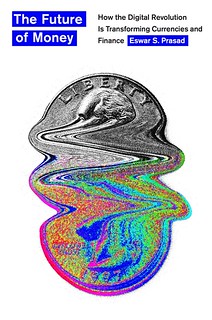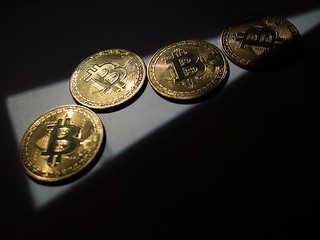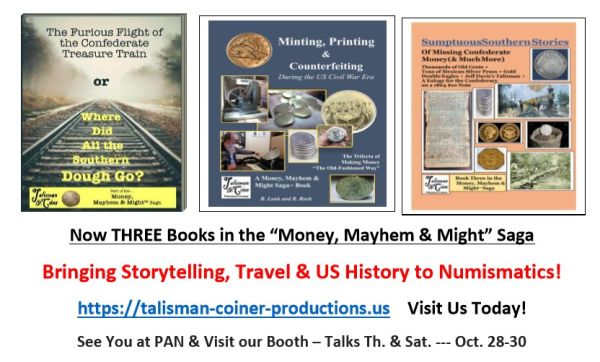
PREV ARTICLE
NEXT ARTICLE
FULL ISSUE
PREV FULL ISSUE
NEW BOOK: THE FUTURE OF MONEYPicking up where Akinobu Kuroda left off, Eswar Prasad looks into the future of money. While cryptocurrency isn't directly numismatic, numismatists do care about what it means for the physical coins and other money we use today. -Editor
Now, according to Eswar Prasad, we are in the midst of a new revolution, this time launched by private innovation. The spark came from bitcoin in 2009, the first digital money that needed no trusted third party — whether a government, a commercial bank or payments processor such as Visa. While the libertarian ideal of its creators — a financial system free of state power — will be frustrated, he argues, the decentralised record-keeping that underpins cryptocurrencies will bring cheaper and more efficient payments. In The Future of Money, Prasad envisages an era of monetary separation between the state and the private sector. While modern money, mostly, consists of bank deposits, the commercial banks depend on central banks to provide the reserves backing them and to administer the system of interbank payments. New technologies will break apart this partnership. While the state's money will provide a store of value, private currencies will, often, be used to make payment. Take Facebook's mooted cryptocurrency, now known as Diem. That could, Prasad argues, transform the creaky and expensive world of international payments. At present, cross-border payments hop from bank to bank with each adding fees at every step and repeating costly anti-money laundering checks. Instead, transfers could all take place by buying and then sending Diem. That would save often poor migrants from having to hand over to the financial sector a big chunk of the remittances they want to send home.
Prasad's prediction that the monetary balance of power will shift to the private sector will depend not on the efficiency of decentralised ledgers but the state's willingness to tolerate the challenge. Eras of
To read the complete article, see:
For more information, or to order, see:
Wayne Homren, Editor The Numismatic Bibliomania Society is a non-profit organization promoting numismatic literature. See our web site at coinbooks.org. To submit items for publication in The E-Sylum, write to the Editor at this address: whomren@gmail.com To subscribe go to: https://my.binhost.com/lists/listinfo/esylum All Rights Reserved. NBS Home Page Contact the NBS webmaster 
|


